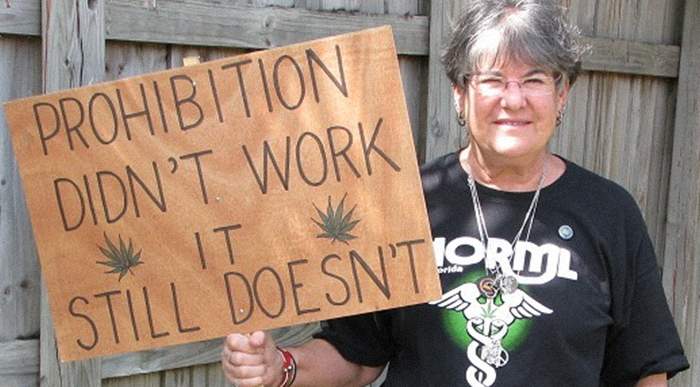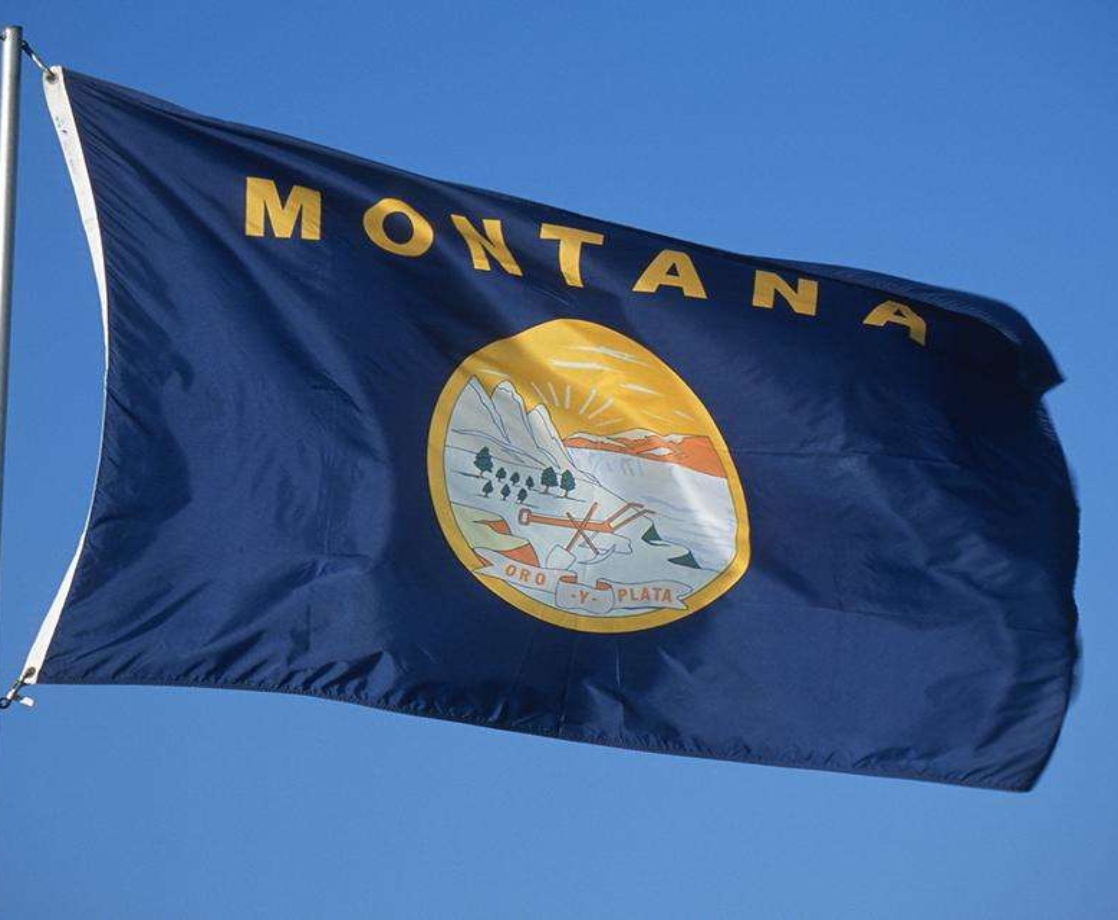Back in 2014, over 57 percent of those who voted in the state of Florida said yes on the Florida Right to Medical Marijuana Initiative. Unfortunately, due to state law, the amendment needed over 60 percent support to pass, and thus, the proposal was denied despite the fact it had majority support. After barely missing the mark, advocates have worked tirelessly to ensure that the Florida Medical Marijuana Legalization Initiative (Amendment 2) passes this time around. But the battle to pass more comprehensive medical cannabis legislation has been one with grueling challenges.
The casino and alcohol industries are staunchly opposed to Amendment 2 and anti-cannabis lobbyists have created some ridiculous advertisements and claims. On top of that, the state has had a number of glaring issues getting the proposal onto their ballots. Last week, the Florida chapter of the National Organization for the Reform of Marijuana Laws (NORML) stepped in to file a lawsuit against the Broward County Supervisor of Elections, Brenda Snipes. The accusation came after Amendment 2 did not appear on a number of vote-by-mail ballots.
According to Karen Goldstein, Deputy Director of the NORML in Florida chapter, there are around 92 different ballot styles in all of Florida, and five to seven of them could potentially be missing Amendment 2. The original claim came from former Oakland Park Commissioner Anne Salle, who came forth with complaints that Amendment 2 was nowhere to be found on her or her husband’s mail-in ballots. Snipes has tried to downplay the accusation as a one-off mistake.
“We had an emergency hearing this past week,” Goldstein says. “A representative of the Supervisor of Elections told us that there were between five and seven test ballots reprinted for one specific precinct because there was a change in candidates or something like that. So, they had to reprint the ballots and they assured us that only two were mailed out without Amendment 2. Well, we found three more, so we had to have another hearing on Thursday, where we brought that to light.”
Though there is some building evidence of negligence from the election supervisor, NORML’s lawsuit did not prevail. According to the judge acting on the case, Snipes and her team have been doing everything necessary to fix their mistake.
“The supervisor claims that they are checking every single ballot to make sure that Amendment 2 is on those ballots, but I’m skeptical,” says Goldstein. “Though they do allow people to observe them opening ballots, they don’t watch the whole entire day, so I’m not sure what that 30 minutes of observation really means.”
The election supervisor’s promise to replace all mailed ballots missing Amendment 2 has not quelled Goldstein’s fear that the medical marijuana vote could be mismanaged and negatively impacted. The excuses given by the supervisor and her staff don’t exactly show malicious intent, but do hint that the elections committee in Florida is incompetent at best.
“There was a woman who voted early in Ft. Lauderdale on Tuesday and Amendment 2 was not on her ballot. The supervisor of elections said it was but two pages were stuck together because of the humidity in the machine. Right…. You’d notice if there were two pages stuck together—it’s not tissue paper,” Goldstein scoffed. “Then, in court, they said the printer was running low on ink, [Amendment 2] was there but she just didn’t see it. My question is, why was it just Amendment 2 affected by the printing ink and not the rest of the ballot?”
Even on ballots that do include Amendment 2, the layout has been called into question. Goldstein explained that on some ballots Amendment 1, 3, and 4 have been grouped on the front side, while the marijuana proposition was tucked away alone on the back page. In another instance, it was discovered that the languages used on the ballots—English, Spanish, and Creole—did not match up with one another. Instead of listing the choices as “yes/si/wi,” some ballots have been found to list “yes/si/no.” Still, the local leader chooses to chalk these cases of poor election management up to incompetence rather than malicious intent.
“Do I think it was intentional? No,” says Goldstein. “I don’t think the supervisor of elections is duplicitous or devious, I just think she’s maybe risen above her level of competence or the people who work for here have. When it comes to a simple proofreading task to get yes, si, and wi on the same line, that’s just proofreading. I don’t think it was done intentionally—it might be time for a new supervisor of elections.”
Aside from the controversial ballot debacle, Floridian cannabis advocates have also had to persevere through ill-conceived attacks on the local airwaves. Most of these politically-charged ads have focused on child safety (as in Massachusetts), but Goldstein feels there is a critically important factor being left out of this line of attack.
“They’re showing candies and cupcakes and saying that Amendment 2 is going to allow our children access to these things,” she says. “But there’s a really important word that is being overlooked in all of this discussion, and that’s ‘parenting.’ As a parent, you teach your children. Heck, I even teach my dogs: ‘That’s not yours, that’s not for you.’”
Another major opponent to the medical expansion is the gambling industry, particularly casino mogul Sheldon Adelson. Though Goldstein notices slightly less money flowing through those channels this time around, she suspects that the billionaire still has much to gain from his lobbying.
“By opposing Amendment 2, he’s looking to curry favor with the legislature so that they’ll consider allowing the casino expansion to hotels,” she explains.
While opposition is not in advocates’ control, there were several things that they did to improve the initiative and get the extra 3 percent that it needed in 2014. The most important revision was better specifying the 10 conditions, or ailments, that the medical marijuana program would revolve around, including different forms of cancer, epilepsy, PTSD, and neuromuscular diseases like Parkinson’s. This helped alleviate the concern that doctors could prescribe cannabis for a broad range of conditions. The new proposal was also reworded to provide more clarity on the fact that children would need parental consent before a doctor could recommend cannabis (which is already a law in Florida for any treatment).
The 2016 initiative also provides improved clarity for caregiver requirements. The new legislation elucidates that the Department of Health would be writing all regulations regarding caregivers. The anti-cannabis opposition used the lack of language about caregivers in the 2014 amendment to present them as unkempt individuals or felons. All in all, the modifications made to Amendment 2 were put in place to better explain the expansion of Florida’s limited cannabis system.
“People say they’re going to have pot shops near your schools and playgrounds, but the Department of Health is going to be writing all of these regulations,” Goldstein explains. “They’re going to be indicating the distance from a school where you can establish a dispensary. In addition, cities and counties can write their own rules, further restricting it. So, the fear from the opposition is unfounded really.”
In the end, opposition and ballot mishaps make it even more vital for Florida voters to get out there and vote. Even if you have a strong distaste both Donald Trump and Hillary Clinton, Goldstein is strongly urging voters to cast their vote.
“If you don’t care or like either of the presidential candidates and don’t want to vote for that, then don’t,” she concludes. “But patients in Florida need this medicine—it’s the safest alternative for many of them. The decision on what medicine you use for treatment should be between you and your doctor, not between you and a politician.”











